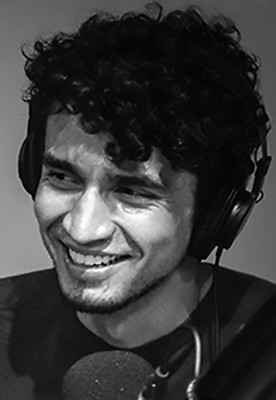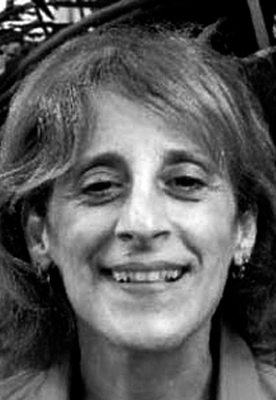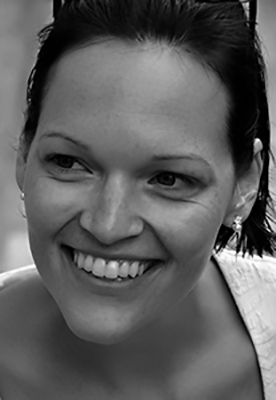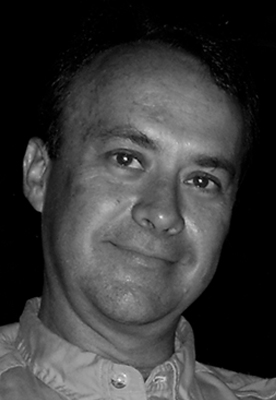67. Meet a Spanish Teacher in Maine Named Mohamed
67. Meet a Spanish Teacher in Maine Named Mohamed Mohamed with a fellow alum of Bowdoin College (different years), Henry Wadsworth Longfellow. Call him señor Mo. That’s what Mohamed Kilani’s third- to fifth-grade students in Falmouth, Maine, call him. Mohamed is an Iraqi by birth, a Jordanian by virtue of war, and now in America by virtue of a selfless and brave mother. Listen to this Arab refugee’s odyssey of finding home, and the many languages he speaks that have played a role. Among them: Spanish, which has a [...]

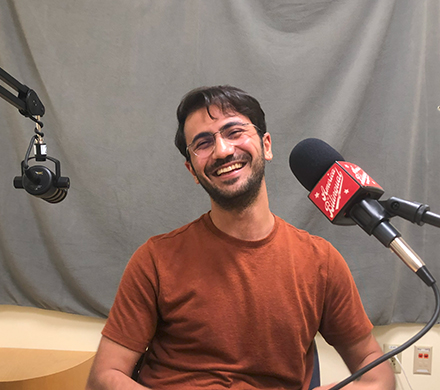
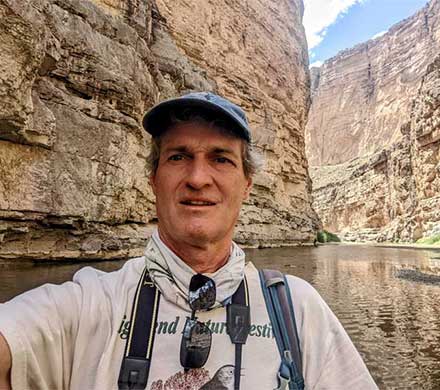

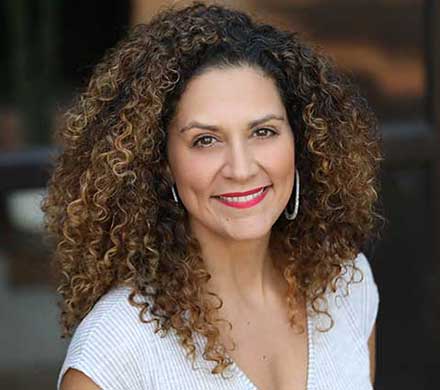

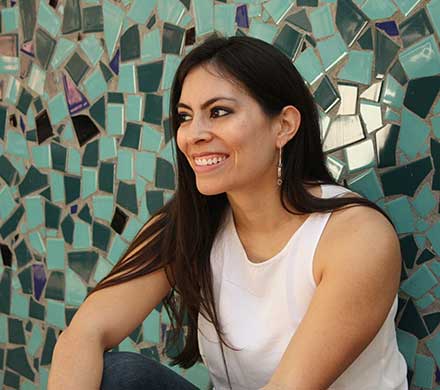
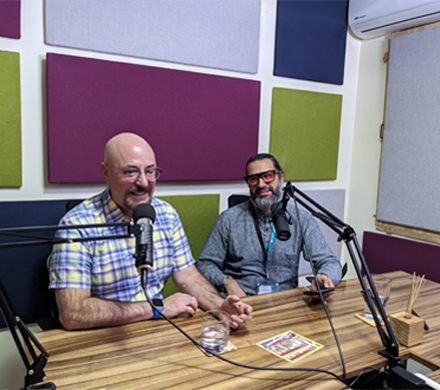
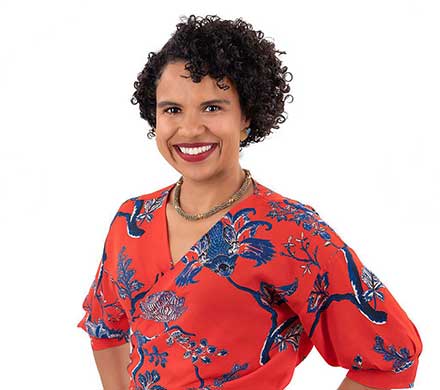
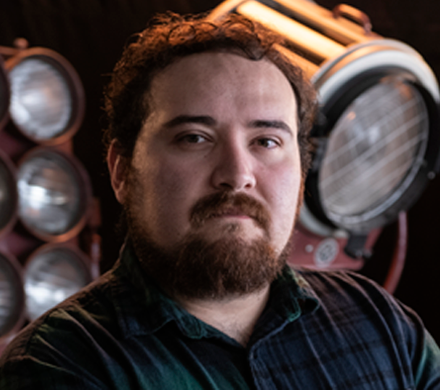
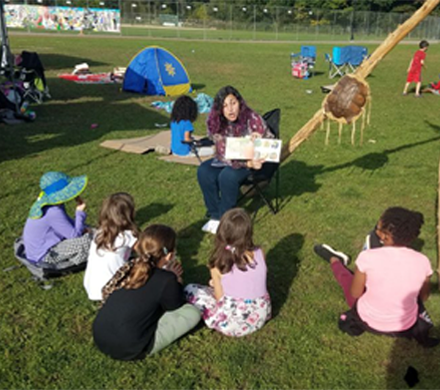
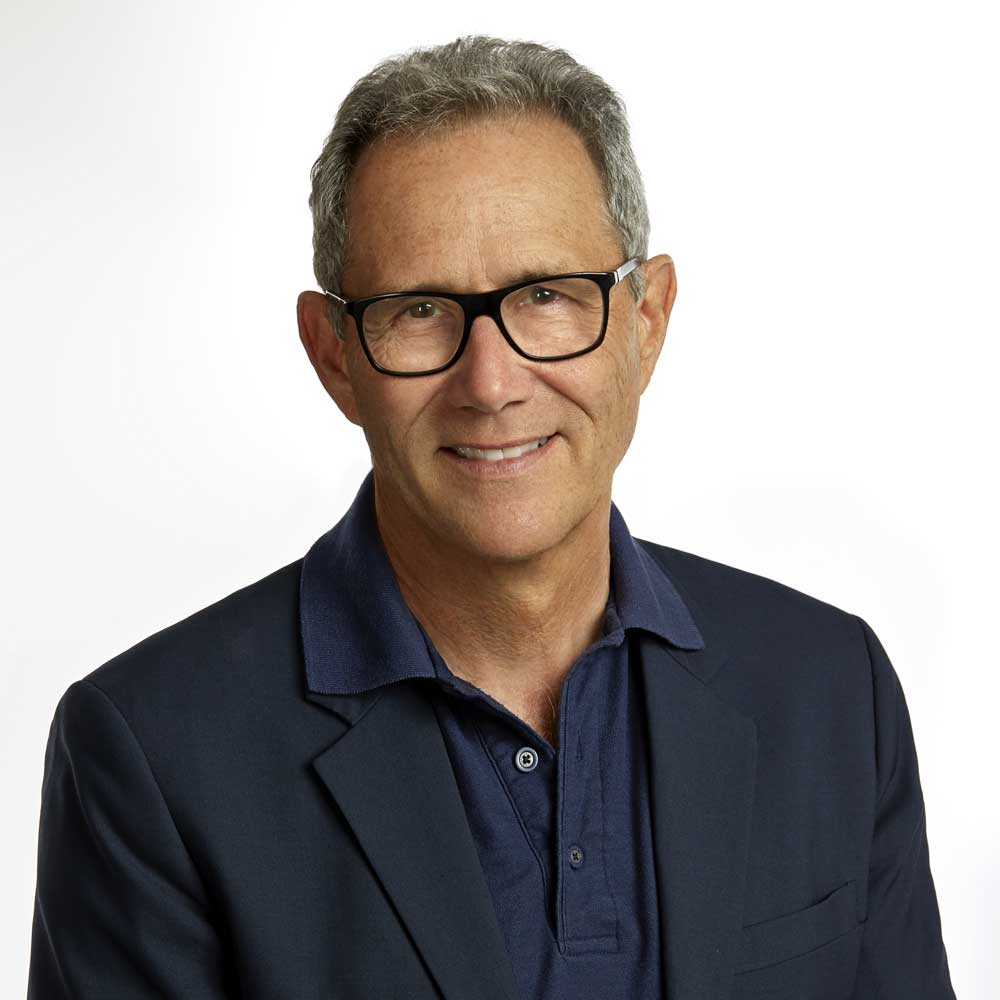 You can book Steve for many different audiences
You can book Steve for many different audiences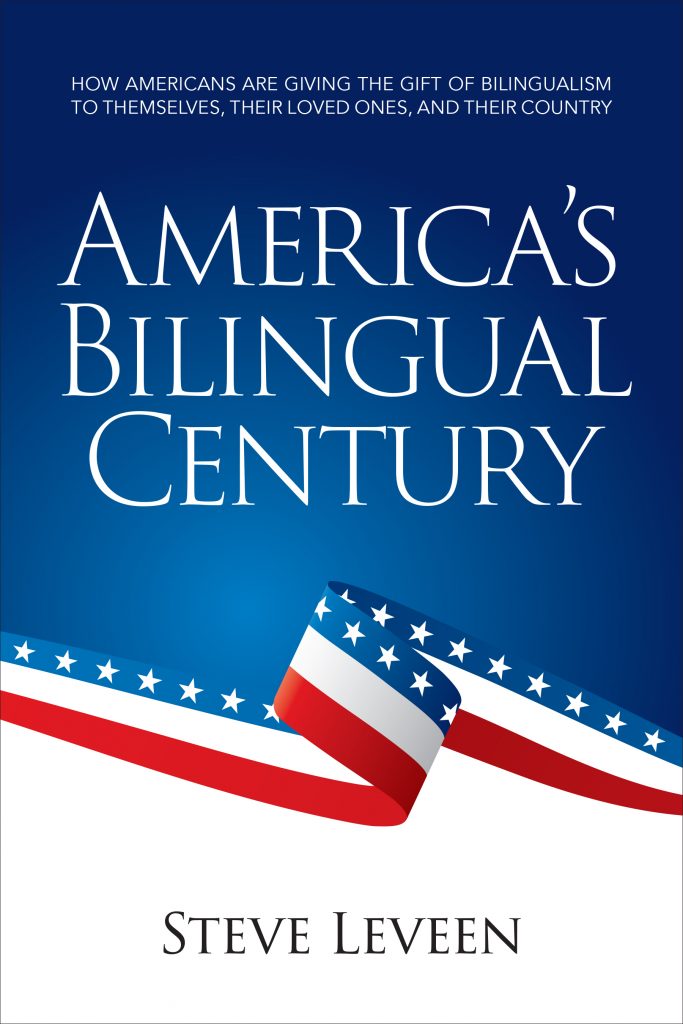
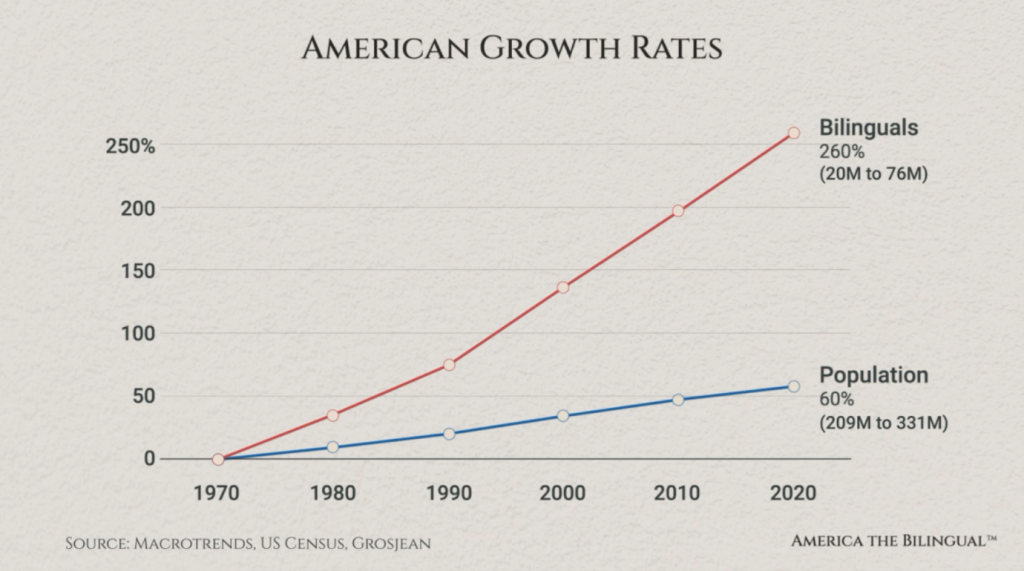
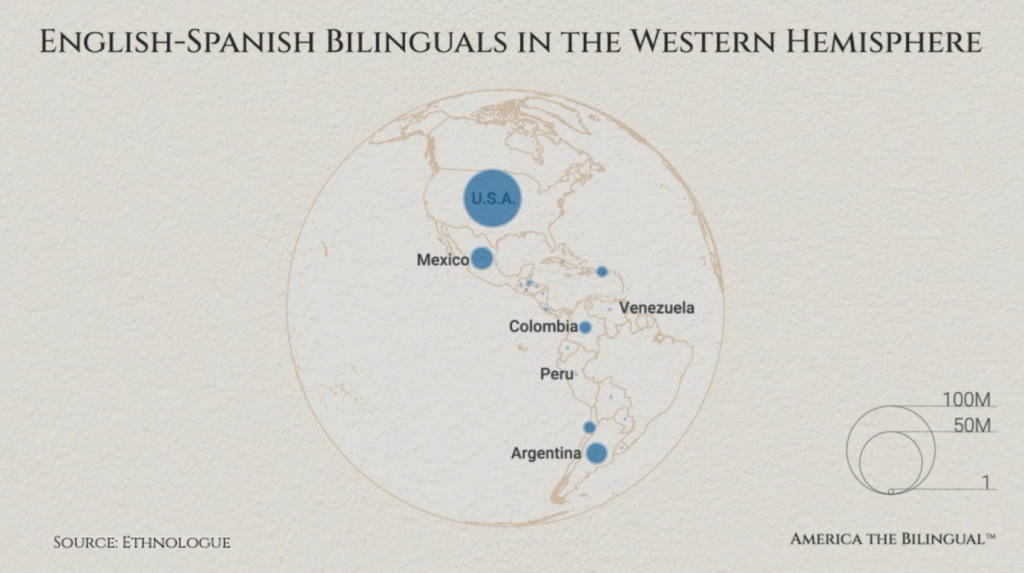

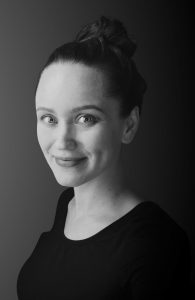
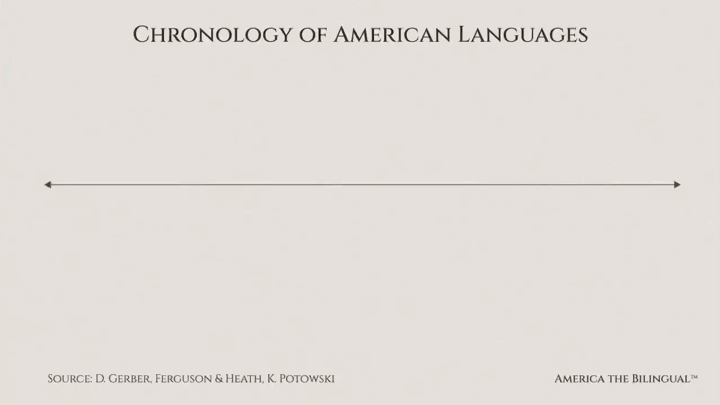


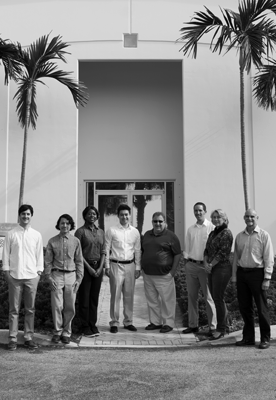
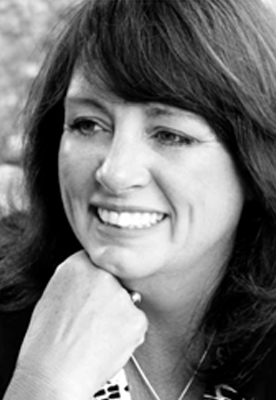 First, know that she has one of those glorious English accents (or what all of us who are not English would call an accent), which makes her a natural for the audio book narration that she does. Although U.S. born, Caroline grew up in England and studied literature at the University of Warwick (fyi for American ears: that second “w” is silent).
First, know that she has one of those glorious English accents (or what all of us who are not English would call an accent), which makes her a natural for the audio book narration that she does. Although U.S. born, Caroline grew up in England and studied literature at the University of Warwick (fyi for American ears: that second “w” is silent).